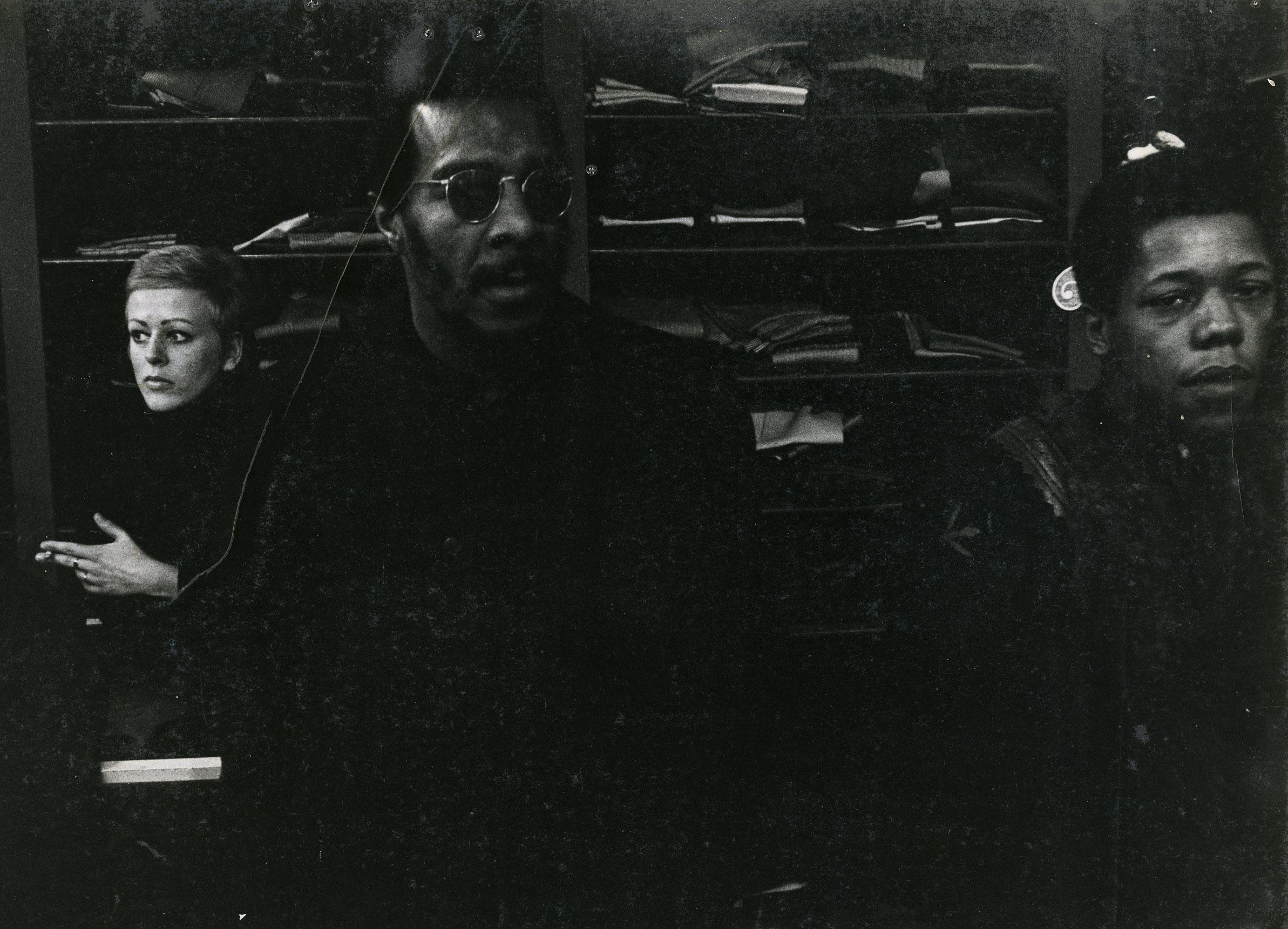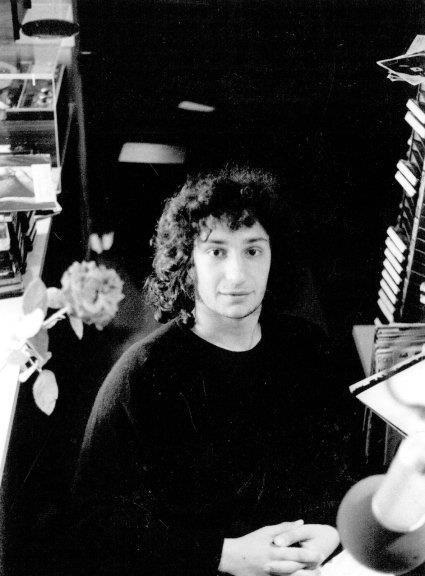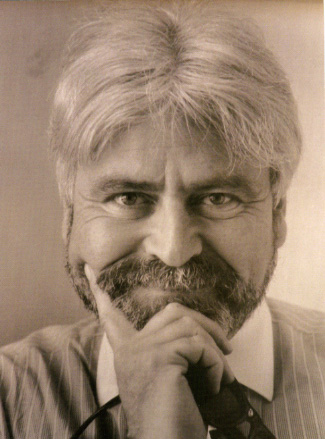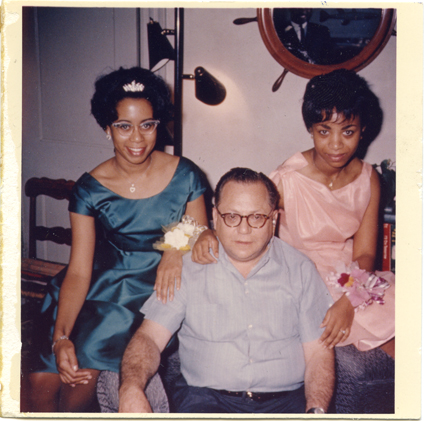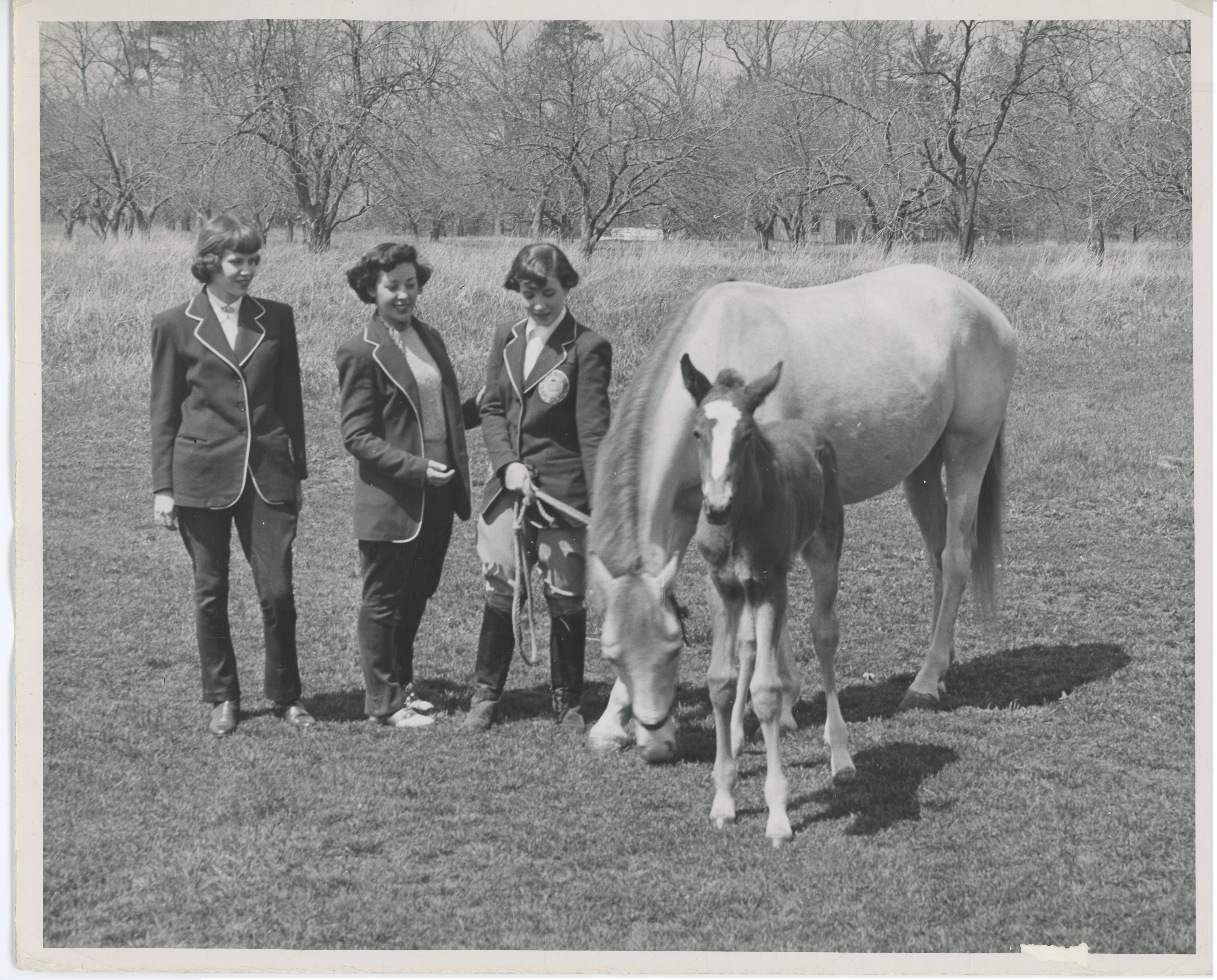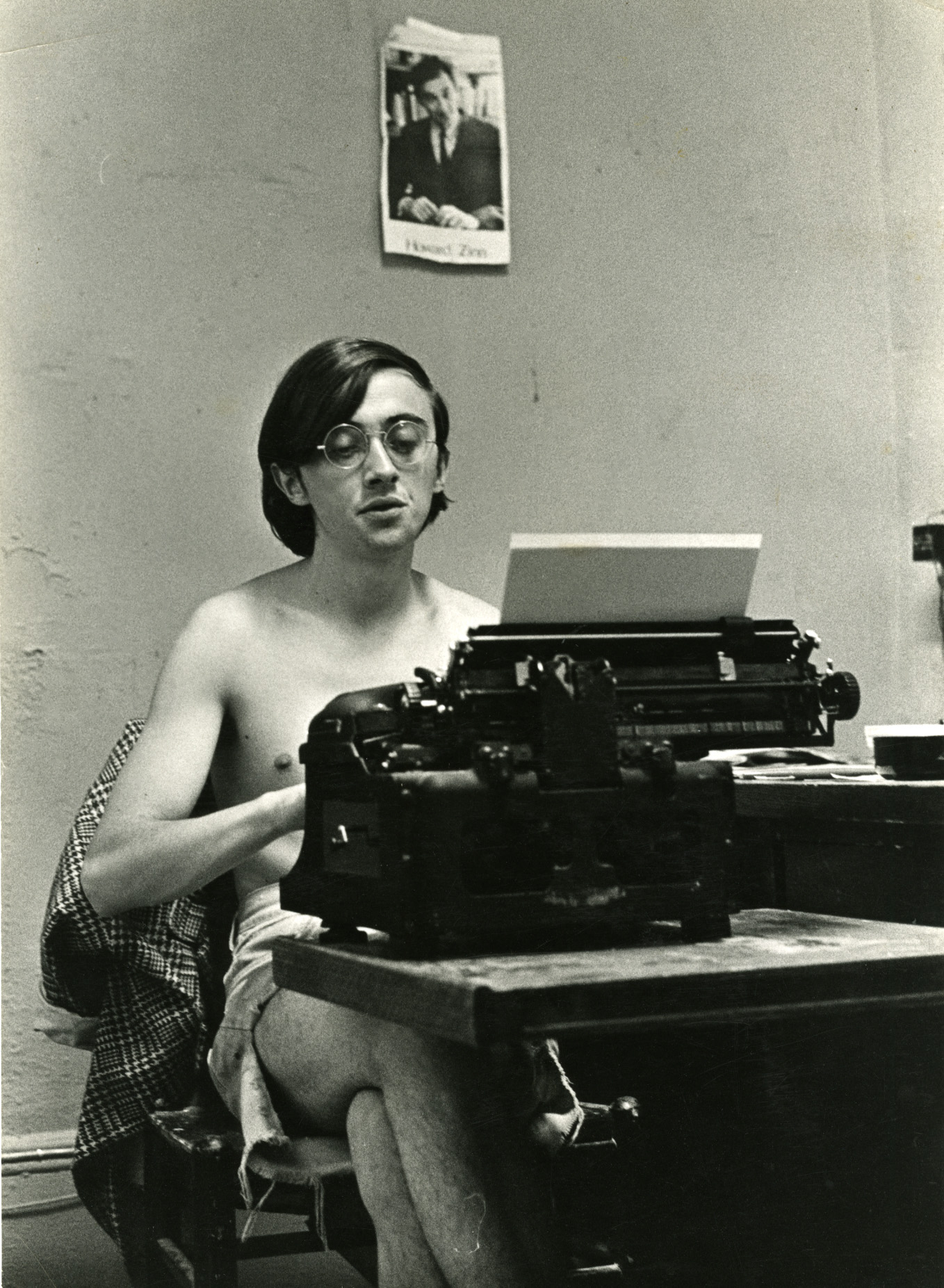Steve Lerner Papers
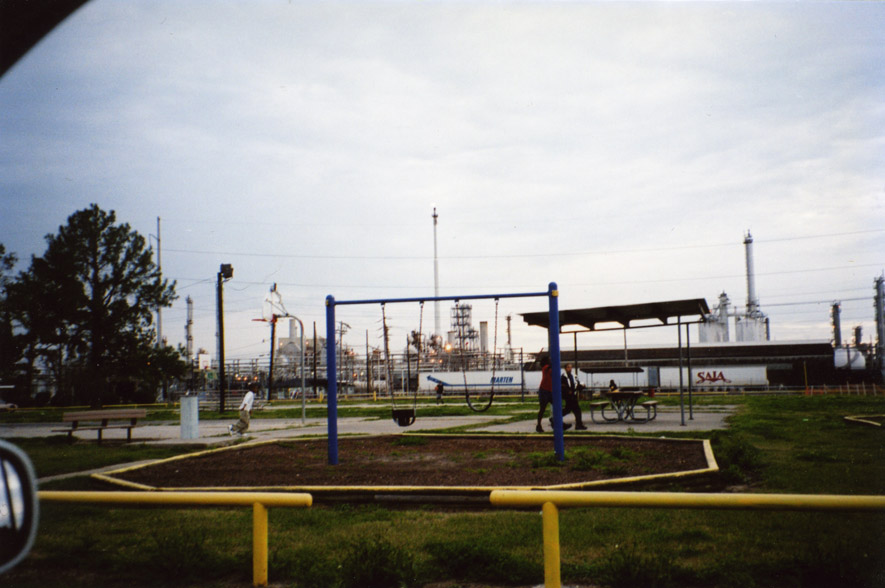
For decades, the writer Steve Lerner has been a significant contributor to public awareness of the issues surrounding environmental justice. Immersed in the environmental movement through his work as research director at Commonweal, a health and environment research institute founded with his brother Michael in 1976, Lerner earned wide recognition for his first book, Eco-Pioneers (1998), about “practical visionaries” who developed pragmatic solutions to environmental problems. In two subsequent books, Lerner turned to an examination of the impact of environmental toxins and industrial pollutants on low-income communities and people of color and the rise of grassroots opposition within those communities. In Diamond (2006), Lerner explored the impact of a Shell Chemical plant in Louisiana as a microcosm of the broader environmental-justice movement, and more recently, Sacrifice Zones (2010) traced the organization and resistance against industrial and chemical pollutants in a dozen communities in the eastern United States. In 2007, Lerner left his position at Commonweal, but continues his research and writing on environmental issues.
The research notes, interviews, photographs and other documentation comprising the Lerner collection form the basis for Lerner’s three major books.


